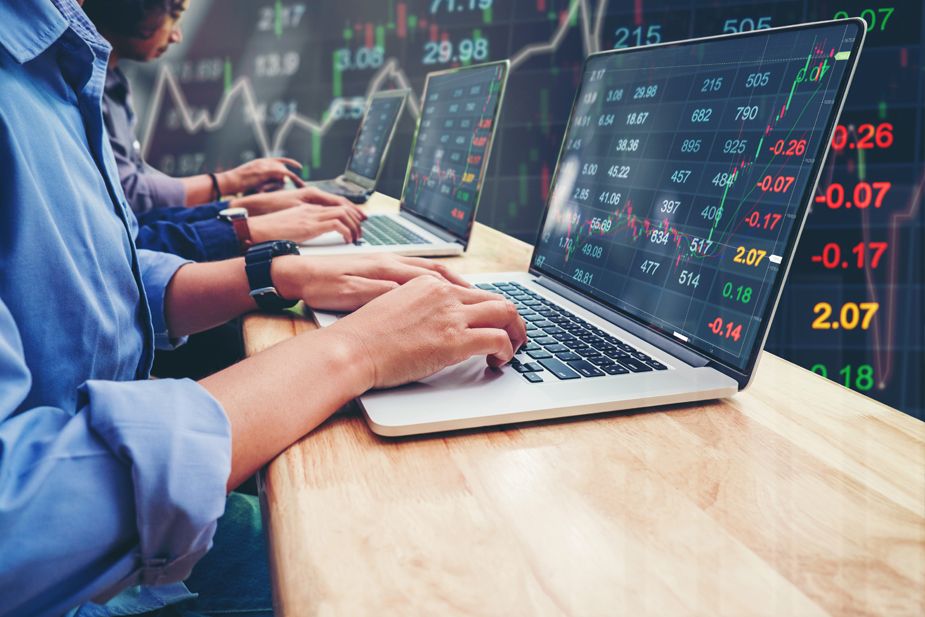The Asia Pacific Economic Cooperation (APEC) forum reported that it will strengthen its digital agenda as a consequence of the COVID-19 pandemic.
APEC is made up of: Australia, Brunei Darussalam, Canada, Chile, China, Hong Kong, Indonesia, Japan, Korea, Malaysia, Mexico, New Zealand, Papua New Guinea, Peru, the Philippines, Russia, Singapore, Taiwan, Thailand, United States and Vietnam.
«As we fight the pandemic, both individually and collectively, and seek to mitigate its impact on international trade and investment, we are aware that the accompanying economic disruption is transformative,» said a statement released Tuesday by ministers. of commerce of APEC.
COVID-19 is likely to transform much of what is known today about the world’s livelihood and way of doing business.
«Seizing the opportunities of the economy and digital technologies, through the use of smart work solutions that enable seamless international business and cross-border trade, is essential to alleviate the broad impact of the pandemic and further advance growth economic ”, they added.
«Therefore, we will strengthen APEC’s digital agenda, including electronic commerce and related services, with new perspectives and innovative means to navigate these new realities together,» they indicated.
APEC and digital agenda
Last month, the APEC region’s business sector called on the governments of the bloc’s 21 member economies not to restrict international trade flows for medicines and medical products.
«Saving lives is obviously what matters most right now,» said APEC Chair of the Business Advisory Council (ABAC), Dato Rohana Tan Sri Mahmood. «That requires collaboration across the region on the knowledge and tools we need to combat health impacts and mitigate the most serious economic consequences in the short term,» he added.
ABAC was created by APEC leaders in 1995 to be the main voice of business at APEC. Each economy has three members who are appointed by their respective leaders. Those from Mexico are representatives of ANIQ, Comce and Coca-Cola FEMSA.
Trade ministers acknowledged in the statement that economies may need to implement emergency measures designed to address the challenges of COVID-19.
«These measures must be specific, proportionate, transparent, temporary and must not create unnecessary barriers to trade, and are consistent with the rules of the World Trade Organization (WTO),» they said.
Finally, they recognized the need to notify such measures in accordance with current WTO rules.

